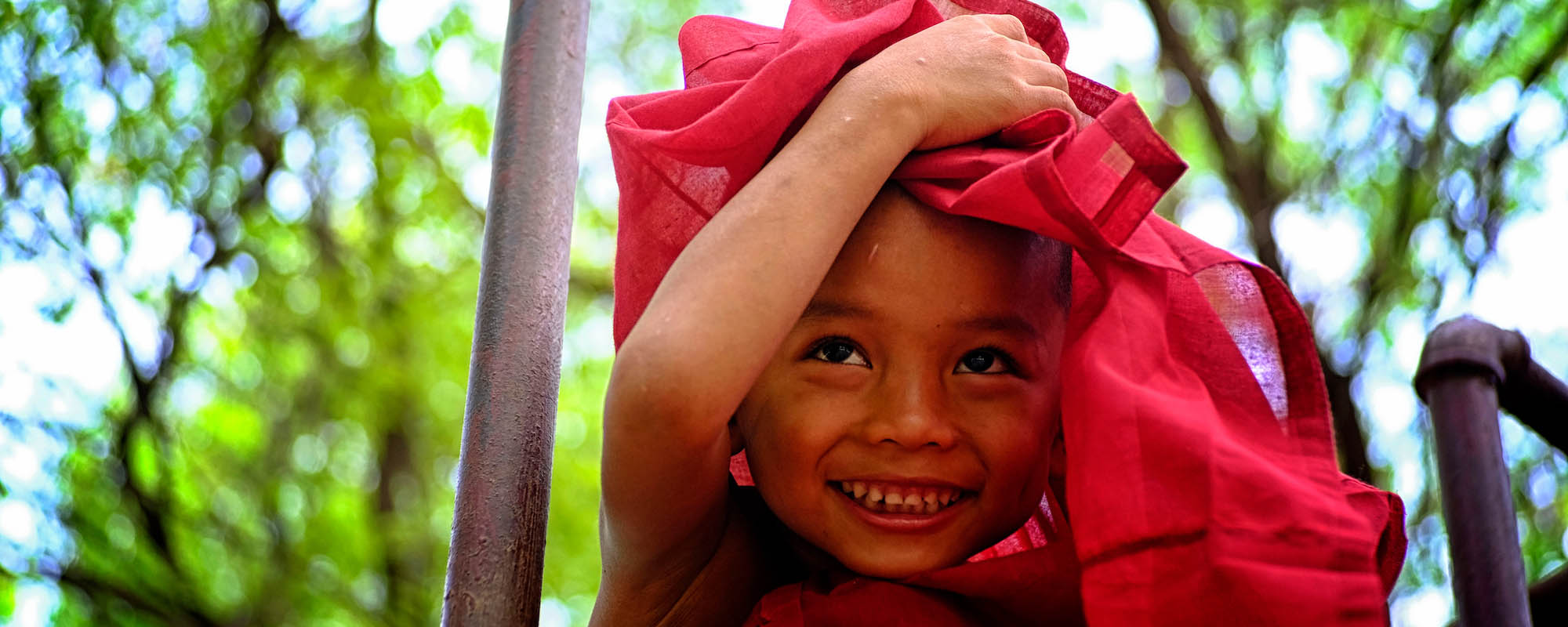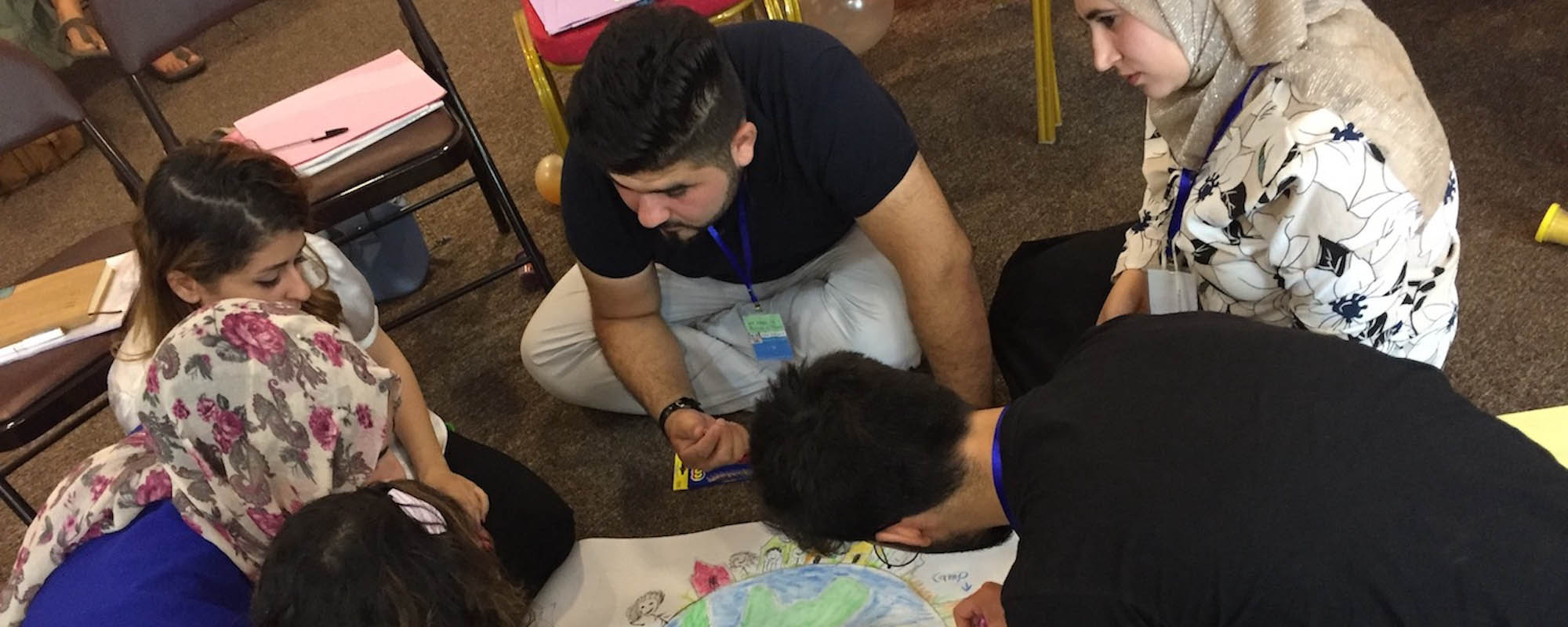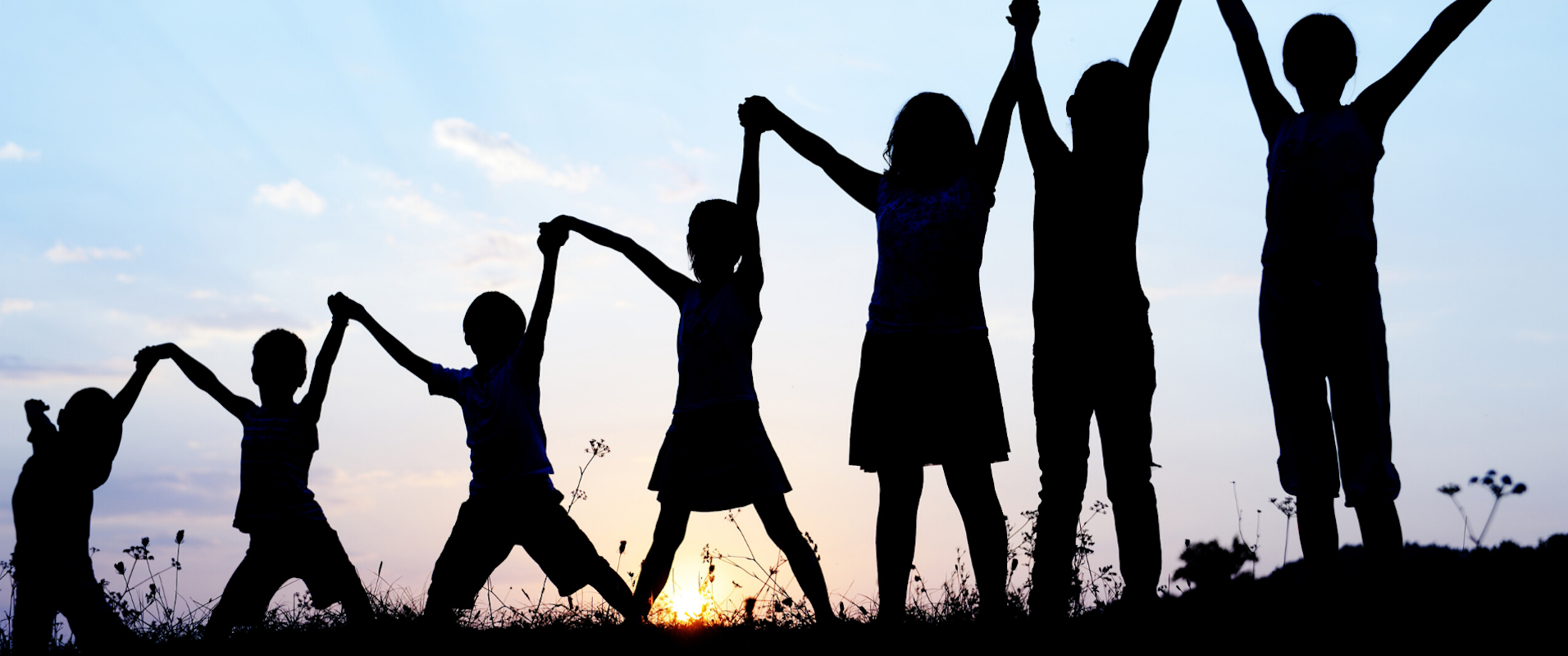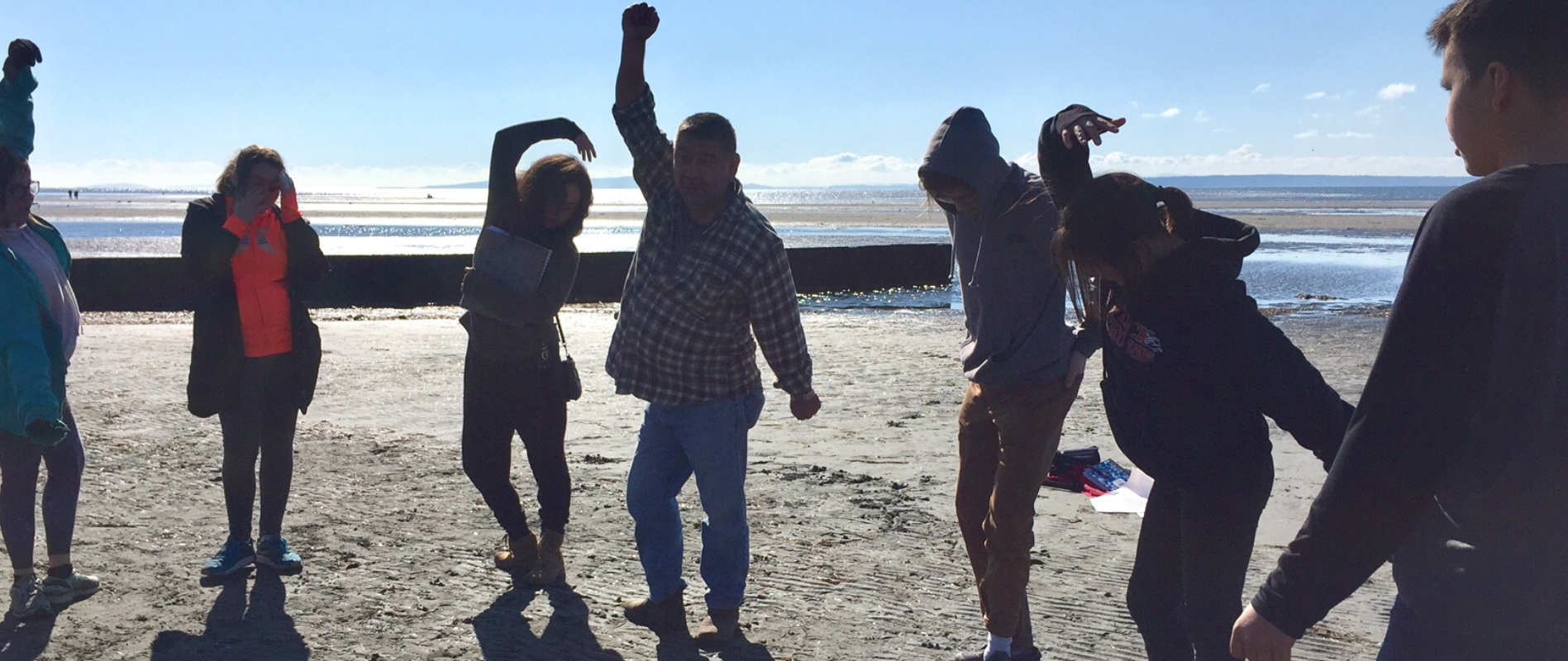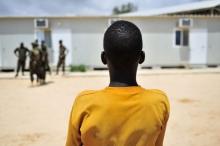
Conflicts in the modern age are being fought less frequently between states, and more often within them. And with this shift, the use of children in combat has emerged as a striking trend.
Researchers and those who work on the issue of child soldiers say that in conflicts where the phenomenon is present, there is a greater likelihood that mass atrocities will be committed.
Several current conflicts display the correlation between child soldiers and the potential for mass atrocities. South Sudan and the Central African Republic (CAR) are “two situations where grave violations of human rights are taking place and where there is a great danger of mass atrocities,” said U.N. Secretary-General Ban Ki-moon at a meeting of the General Assembly on Jan. 17. On Feb. 4, the UN also published a special report on children in Syria’s civil war, which indicated the use of children in combat.
In 2002 the Optional Protocol to the Convention on the Rights of the Child on the involvement of children in armed conflict and the 1998 Rome Statute, which established the International Criminal Court, entered into force. These outlawed the involvement of children under age 18 in hostilities and made the conscription, enlistment or use of children under age 15 in hostilities a war crime.
In 2004, the U.N. Security Council also unanimously condemned the use of child soldiers. Child soldiers are “the most easily identifiable warning tool” for mass atrocities, said Roméo Dallaire, U.N. commanding officer in the 1994 Rwandan peacekeeping mission, Canadian senator and founder of the Roméo Dallaire Child Soldiers Initiative, connecting the recruitment of child soldiers as both a precursor and “primary weapon” of the genocide in Rwanda and any potential future genocide. Since Moses Otiti escaped from the LRA during a firefight with government forces, he has worked to rebuild his life, and is now studying hard to become a doctor. “When I was still there, there were certain things they would do, like killing people, and that is how I used to understand things. But when I came home…my understanding of taking peoples lives for granted really changed,” he told IPS. “Every person is very important.” “These children who are suffering so much today are the ones who will either repair those societies or repeat the violence of these societies in the next generation,” Anthony Lake, head of the U.N. children’s agency UNICEF, said in February. If the world does not seriously address the education and rehabilitation of these children, “we are going to lose generations,” he warned.

